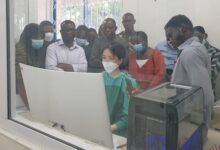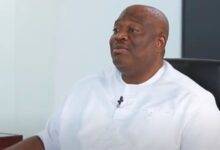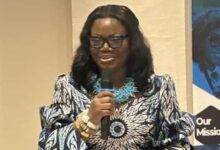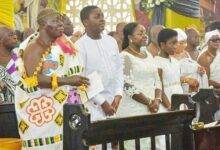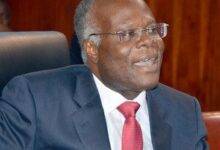A four-day workshop meant to build and enhance the capacity of Ghana in the implementation of the 1972 World Heritage Convention began yesterday in Accra.
It would among other things, recommend policy guidelines for the successful implementation of the convention to ensure the sustainability and development of the country’s tourism sector.
The 1972 World Heritage Convention defines the kind of natural or cultural sites which could be considered for inscription on the world heritage list and sets out the duties of state parties in identifying potential sites and their role in protecting and preserving them.
The event is being organised by the United Nations Educational, Scientific and Cultural Organisation (UNESCO), Ghana National Commission of UNESCO (NATCOM) and the Ghana Museums and Management Board (GMMB).
Participants include civil society organisations, academia and representatives from various tourist sites across the country.
The Minister of Tourism, Arts and Culture, Mrs Babara Oteng-Gyasi, said government was in the process of setting up a heritage and cultural fund as part of efforts to address challenges in the sector.
The fund, she explained, would be used to preserve and manage the country’s tourist site to ensure its sustainability and development for future generations.
Mrs Oteng Gyasi noted that investing in the country’s cultural heritage projects would help create more job opportunities for less-developed regions.
The sector minister said conserving and maintaining cultural heritage and monuments in the country demanded resources, hence the need to invest in the sector, stressing that her outfit would ensure the implementation of recommendations from the workshop.
Mrs Oteng-Gyasi pledged government’s commitment to safeguarding the country’s cultural heritage and monument, adding that government was engaging relevant stakeholders in the sector to prevent the country from being delisted as a world heritage site.
On his part, Mr Abdourahamane Diallo, UNESCO’s Representative in Ghana, said there was the need to build the capacity of stakeholders to uphold the country’s rich culture and heritage to ensure its sustainable development
He further expressed the organisation’s commitment to enhancing the capacity of stakeholders in the sector, stressing that the workshop would provide the relevant knowledge and tools for Ghana to understand the implementation of the 1972 convention.
Dr Pascall Taruvinga, a heritage advisor at the UNESCO, commended government for its effort in sustaining the sector and urged them to be proactive in the implementation of the 1972 convention.
BY ALLIA NOSHIE

